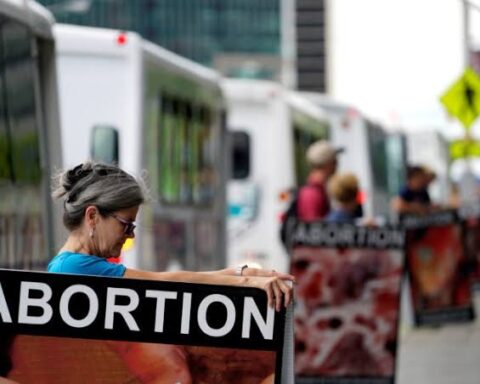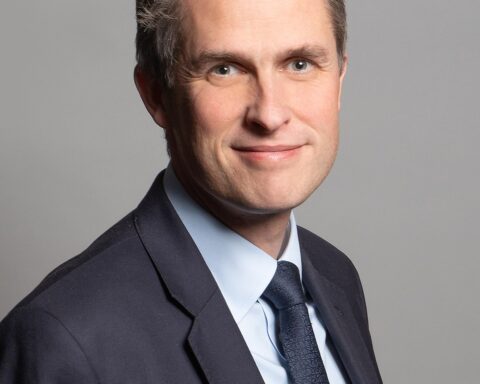The Prime Minister Rishi Sunak has claimed that an “anti-maths mindset” is holding the economy back, as he announced a major review of the subject in England.
The review will be led by a new group of experts, including mathematicians and business representatives, who will examine the “core maths content” taught in schools, which will report back this summer.
Importantly the PM said that it will also consider whether a new maths qualification is necessary as he repeated, his previously announced policy of making all young people in England to study some form of maths until the age of 18, whether they are school, college of on an apprenticeship.
Announcing the review, Mr Sunak said “poor numeracy” haddamaged economic growth in the UK, costing the country “tens of billions” as he made the argument that for young people to succeed, they needed to be more numerate to face the challenges of presented by the development of new technology including AI.
Speaking to an audience of students, teachers and business leaders, he said the UK had an “anti-maths mindset,” and being bad at maths had become “socially acceptable”.
He said most of us have heard people joke about being bad at maths. But no one would say that about not being able to read, as he underscored the need for young people to be able carryout a host of mathematical tasks, not just in work, but in day-to-day life too – in terms of being able to understand discounts, or manage credit cards.
He said, “If we get this right, we will do something really special for our young people. It will be setting them up for success.”
But the Prime Minister’s plan was quickly attacked by opposition parties, who said the government’s record of recruiting maths teachers was poor with targets for teacher recruitment in the maths being repeatedly missed.
Bridget Phillipson MP, Labour’s Shadow Education Secretary, said: “Once again, the Prime Minister needs to show his working: he cannot deliver this reheated, empty pledge without more maths teachers. But after thirteen years of failing our children, the Tory government repeatedly misses their target for new maths teachers, with maths attainment gaps widening and existing teachers leaving in their droves.
“Labour does not need a new advisory group to make the right choices for our children. We will drive up standards in every corner of our country by investing.”
While Liberal Democrat education spokeswoman MuniraWilson said the government lacked a “proper plan” to recruit more maths teachers, adding: “You don’t need a maths A-level to see that these plans don’t add up.”
Critics also point out that the government has so far failed to say how many more maths teachers will be required to increase the teaching of maths after the age of 16 or how it will be funded.
Challenged about this figure on BBC Radio 4’s Today programme, Education Secretary Gillian Keegan said thiswould depend on the advisory group’s findings.
While Dr Mary Bousted, joint general secretary of the National Education Union, said the prime minister’s aim was “laudable” but warned it would be “thwarted unless he faces up to the reality of the state of education in England”.
She said there was a “crisis of teacher retention as a result of low pay and excessive workload” and called on the government to explain how it would recruit more maths teachers.
ENDS






